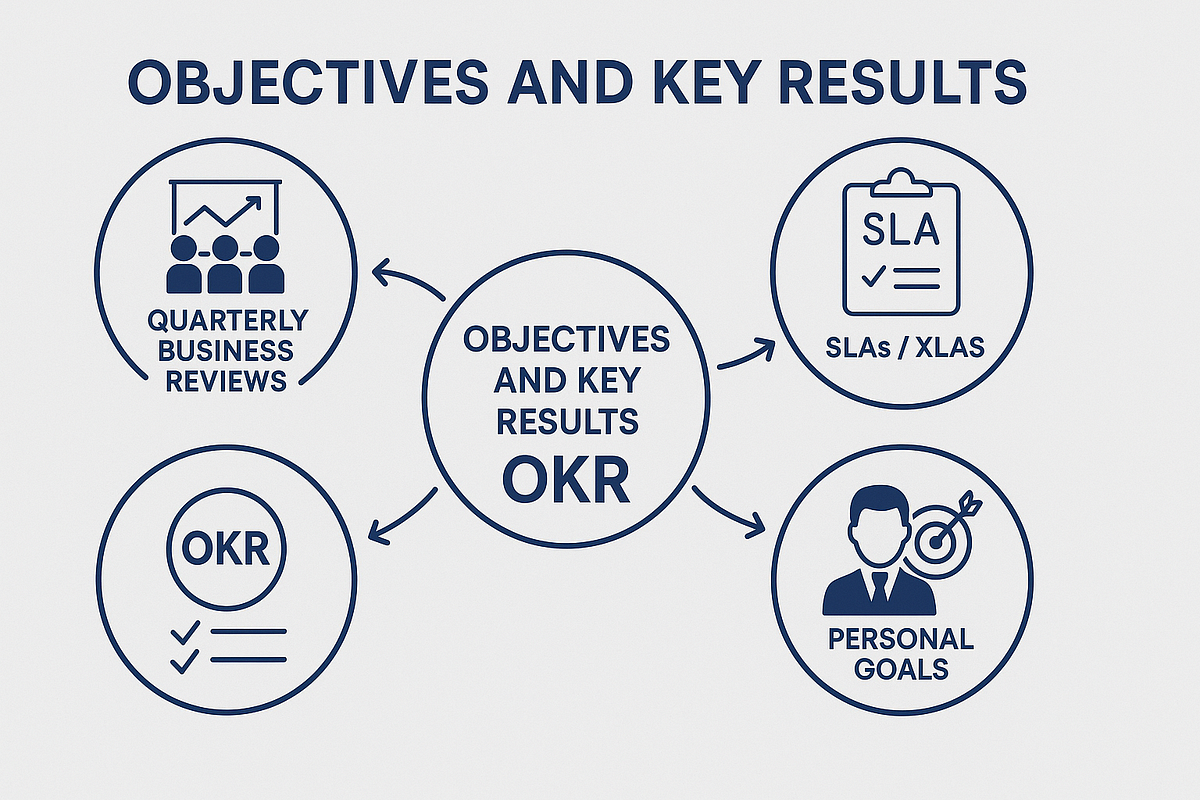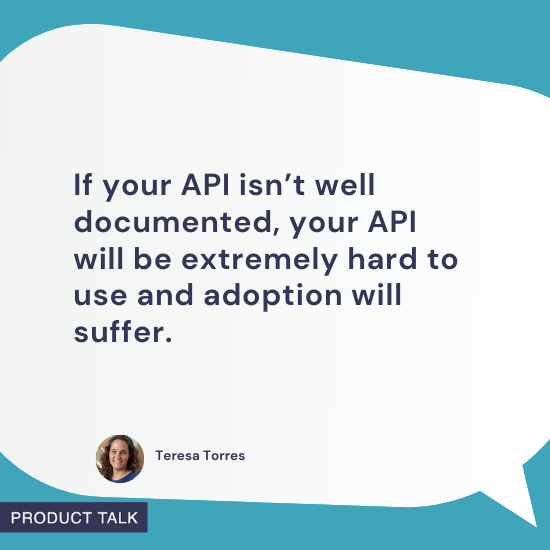should I have called campus police, my coworker is constantly away, and more
It’s five answers to five questions. Here we go… 1. Should I have called campus police? I’ve retired for a while now, but I have a question about the past. I worked in a science laboratory that didn’t interact with the public, in a field that attracts individuals who seek confirmation of their diagnoses and […] The post should I have called campus police, my coworker is constantly away, and more appeared first on Ask a Manager.

It’s five answers to five questions. Here we go…
1. Should I have called campus police?
I’ve retired for a while now, but I have a question about the past. I worked in a science laboratory that didn’t interact with the public, in a field that attracts individuals who seek confirmation of their diagnoses and treatments.
One day, I was having lunch when a peculiar man entered our lunchroom, looking for our laboratory. Our building has robust security measures, including guards and visitor vetting, so I assumed he was there for official business. He requested to speak to my principal investigator, who was out of the office. He appeared restless, evasive, and somewhat uneasy. He asked if I could relay any questions since I wasn’t sure when she would return.
As it turned out, he was one of those individuals who firmly believed they were “infected” and sought “treatment.” I explained that our laboratory conducted only pure research and did not handle patients. I collected his contact information and he left. Other people in the lunchroom soon approached me to inquire about him.
When my boss returned, I informed her about the incident. She expressed some concern and suggested that I should have called the campus police on him. I explained that I had considered that, but he was polite and I felt no threat and I believed it would have been excessive to involve the police on someone who was polite and compliant. I felt I was physically stronger and faster than him, and as the son of a law enforcement officer, I was more than capable and determined enough to protect myself from an unarmed individual.
Now, I should add a few more factors: I was a rare Black researcher in science. In 35 years, I never met my racial counterpart in another lab. As I mentioned, my late father was in law enforcement, and my brother and I had a distressing experience walking to our elementary school. Two policemen stopped us and made us stand with our hands on a fence while our classmates walked by until a woman arrived to identify us. She looked at us puzzled and told the policemen we were kids and didn’t match the description at all. We were gruffly let go. My dad contacted the police department, found out who the officers were, and made them come to our house and apologize. My brother and I spent the rest of the year fearfully walking to school, afraid of revenge. I think of calling the police like drawing a gun: you only do it when you fear enough that you’ll ensure the other person has a very bad day.
Another wrinkle was that the lab was predominantly female, and I understand that safety is a top priority for women. Hence, I understand her caution, but I’m not sure she fully comprehends my own caution. Calling the cops is the ultimate option for me, but is it the most prudent business decision?
I’m not going to second-guess your decision; you were the one who was there and had to assess the situation based on everything you were picking up about it. For all we know, your calm, respectful response even could have been what kept things from escalating. I will quibble with “I was stronger and faster and could protect myself from an unarmed individual” since you presumably couldn’t know for sure that he was unarmed. But it ended peacefully, so I’m not going to say you made the wrong call.
That said, I do think your employer’s security procedures matter and generally should be followed. For example, if it was a secure area and an outsider shouldn’t have been able to gain access at all, that’s something I’d report (even if for no other reason than that they need to know it happened so it can be better prevented in the future).
2. How can I stop feeling resentful about all the vacation time my coworker takes?
My coworker Annika and I are the only two full-time employees on our team, and one of us will cover for the other when needed. My issue is that Annika always seems to be on leave and I’m left trying to juggle everything.
Annika is currently in her home country. She was supposed to be back this week but requested an extension of her leave from our manager, Kathryn. Kathryn approved the request but said she did tell her it wasn’t ideal given she was also away for a conference the week prior to her leave and has taken leave several times this year.
We do have quite generous leave entitlements, but feel like I can never take mine. Annika demands detailed handover notes from me if I’m away for two days (even though I don’t think she reads them properly) but I don’t get any from her when she’s away for six weeks. I’ve often gone to work while feeling sick because I know she’s away. When I had Covid, she gave me two minutes’ notice that I would need to run a Zoom meeting she had scheduled because she was busy and lost track of time (she “forgot” I was unwell and I did say I could keep working from home since I wasn’t bedridden, so that’s probably my fault). There have been several times where I’ve mentioned wanting to take a week off at a particular time, and she’s told me I can’t because she’ll be away.
Annika is obviously entitled to take her leave, but how do I get over my resentment?
By advocating more assertively for what you need!
First and foremost, take your leave. Annika doesn’t get to tell you that you can’t; take whatever leave you want to take, just as she does. If you can’t both be gone at once and she books the whole year up early, start booking yours earlier too … and if that doesn’t solve it, tell your manager you’re unable to take your own leave because of Annika’s schedule and ask for her to help so you can use the time off that’s part of your compensation.
Second, if your workload is too high because Annika is gone so frequently, dump that squarely in the lap of your manager: “I’m not able to do my own job plus Annika’s this frequently. I can do X and Y, or Y and Z, but not all of it. How do you want me to prioritize?” You don’t need to just do it all.
And if you want detailed handover notes from Annika the way she gets from you, ask for them! Or if you don’t want them and don’t think it’s a good use of your time to provide them to her, take that to your boss as well.
Right now you’re letting Annika call all the shots without speaking up for what you want and need. Start speaking up!
3. When should I tell my boss I’ll be resigning after my maternity leave?
I’m pregnant and due this fall, and my employer offers 12 weeks of paid parental leave. Recently my husband and I have been researching daycare options and reviewing our budget and have realized it will make the most sense financially and logistically for me to leave my job and take a few years off to care for our child until they’re eligible for preschool. Childcare is really expensive in our area, and while my organization offers good benefits, the pay isn’t great.
I’d really like to utilize my paid leave, so I’m struggling to decide when I should notify my supervisor that I’m not planning to return. I’m a crucial member of my team, and I feel guilty allowing them to think I’ll be back to work after my leave and make plans accordingly. However, I’ve been warned by my family that if I tell them ahead of time, they might terminate my employment preemptively to avoid having to pay out leave for an employee who isn’t coming back. I’ve worked really hard at this company for subpar pay for eight years and have never taken leave before or even used all my sick days, so I sort of feel like I’ve earned this paid leave. Is it better to let my supervisor know in advance that I’m planning to resign after my leave is up so they can adjust their plans and start looking for my replacement, or should I come back to work briefly after my leave expires to formally give notice and tie up any loose ends?
Don’t tell them you’re not planning to come back after your maternity leave. First, it’s always possible that your plans could change between now and then (your husband’s work situation could change, you could find you dislike staying at home, all sorts of things); there’s no point in locking yourself in early. Second, at some companies if you don’t come back after parental leave, you’ll be responsible for paying your health insurance costs from those three months, and the paid leave itself may be contingent on agreeing to return for some length of time. (Check your employee handbook on this.)
Employers are aware people don’t always choose to come back after leave. Prioritize protecting yourself and your family.
4. 60% of my team are family members and they all want to go on vacation together
I am a manager of a five-person parts department (split between two office staff, two warehouse staff, and myself).
Three staff members (both warehouse people and one office person) who are all family, and they have all asked for the same dates off to go on a family holiday. This will leave only me and one other person. What should I do? Do I refuse the holiday?
It really depends on what the impact will be on the ability of your department to function. Will it leave you with enough coverage? Will it bring work to a complete halt / leave important functions undone / leave customer needs unfilled, or just be slightly less convenient? If it’s more toward the “less convenient but doable” end of the scale, I’d try to make it work (while also telling them it might not be something you can approve again), but if it’s more toward the “truly unworkable” end of things, it’s okay to explain that you can’t approve it because of coverage needs. If there are modifications that would make it work, like a shorter time away, mention that.
For what it’s worth, having three members of a five-person department be family members is not ideal, for a whole bunch of reasons. This is definitely one of them.
5. Citizenship delay has cost me a job offer for the second time
Thanks to the triplicate bureaucracy here in Germany, my citizenship application has taken years. Finally, last month I had my second to last meeting and was told I could in good faith apply to the jobs I wanted to (at the only big employer within an hour’s drive, across the border in Austria). I was given a date to reach back out to the foreigner office to make my last appointment and wrap everything up, five weeks ago. Today was that date, and in the meantime I secured a job offer at the big company.
Except, of course, today I was told “it could be two weeks more … or a month.” And, the kicker is, this is the second time I’ve had to do this to this employer in six months, having had another offer before. This time I believed my citizenship officer who said, “I am 99% sure everything is fine, this looks great, I’m sending positive energy for your job interview!” Fool me twice, right?
Now I can’t think of a script that won’t burn the last bridge with the only employer around, and I want to put the blame squarely where it belongs: “Hi, I can’t believe I have to share this, but my immigration officer encouraged me to apply, stating it was a certainty that everything would be processed by this week. I’ve now been told it could be another month.”
They can’t hold that job, I’m sure, and while there are others, I worked in recruiting myself and wouldn’t hire myself based on this. I needed this job so bad that once my citizenship does come through I’m having to consider moving to another EU country with a lower cost of living if this company won’t be able to hire me.
Ugh, I’m sorry. All you can do is be straightforward, and your proposed script would be fine to use. I might add, “I of course understand you may not be able to hold the job until then, particularly when they’ve shown we can’t rely on their estimated timelines, and I’m so sorry about this.”
They might be perfectly used to dealing with this and not surprised or put off at all. Either way, though, just explaining what happened and apologizing is the only way to go.
The post should I have called campus police, my coworker is constantly away, and more appeared first on Ask a Manager.











































































































![Building A Digital PR Strategy: 10 Essential Steps for Beginners [With Examples]](https://buzzsumo.com/wp-content/uploads/2023/09/Building-A-Digital-PR-Strategy-10-Essential-Steps-for-Beginners-With-Examples-bblog-masthead.jpg)
















































